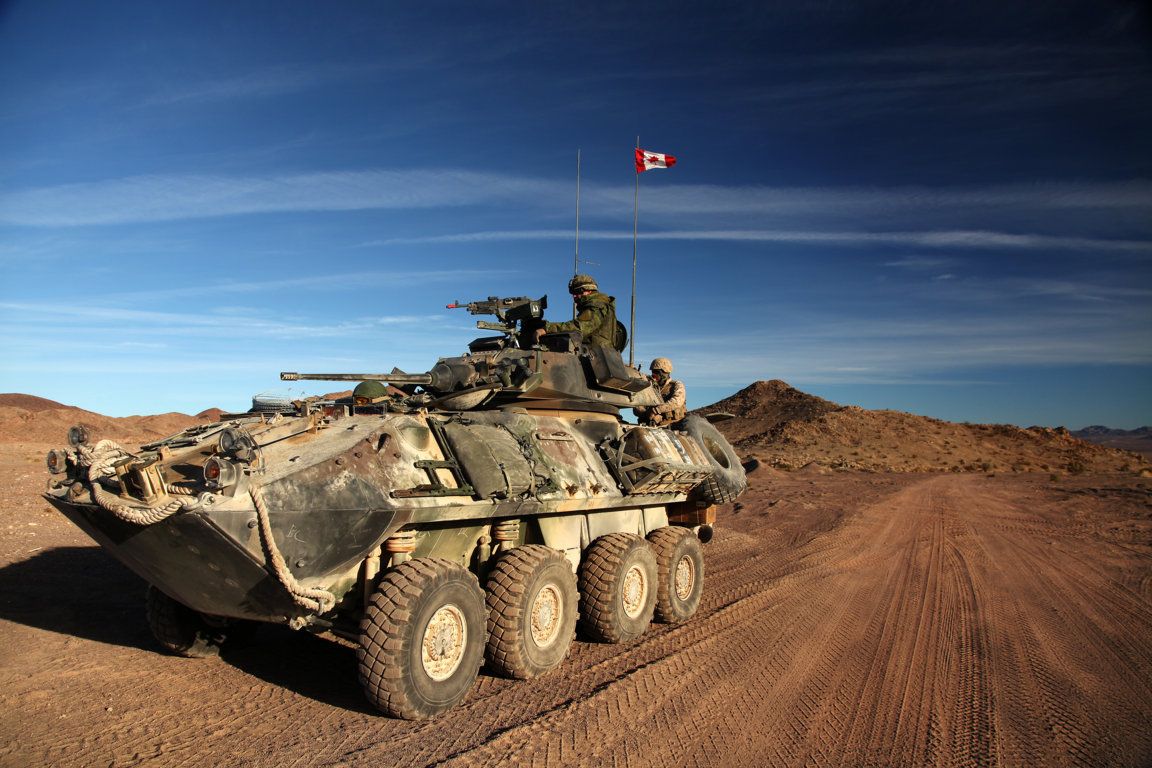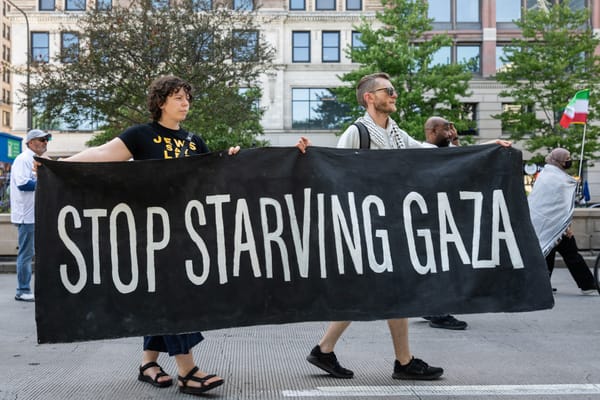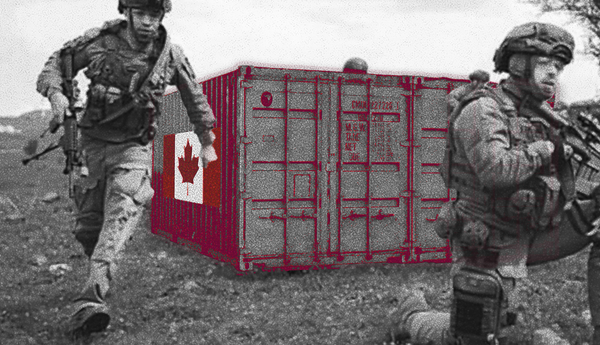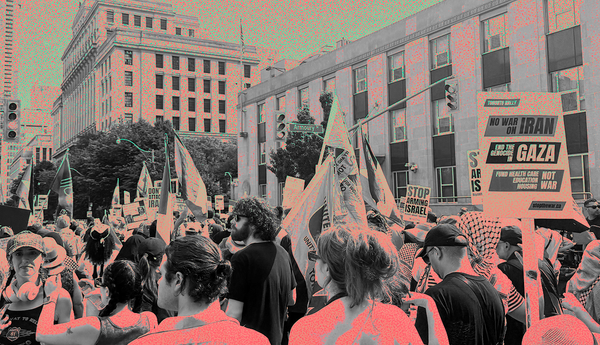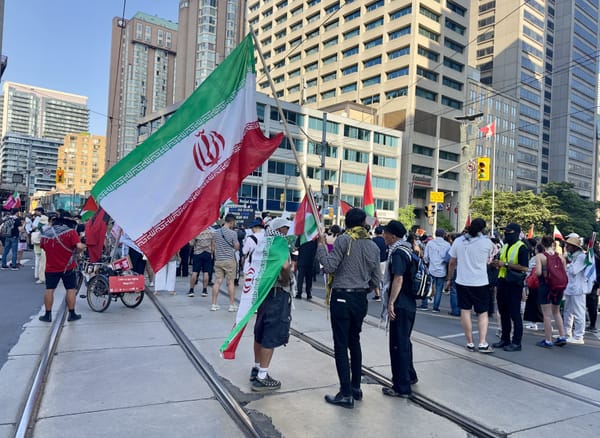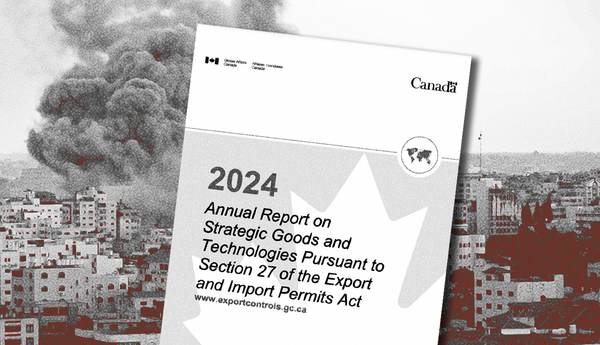Historically, opposition to antiwar movements has come in the form of mockery that depicts activists as naive idealists. Increasingly, however, much of the pushback antiwar activists face casts them as “regime apologists” who uncritically support governments the United States and its allies wish to overthrow.
For example, you’ll often see people make a spectacle of asking antiwar activists, “Why do you only focus on the violence of the West? Why not condemn Iran or Hezbollah or the Syrian regime equally?” I’ve faced this question countless times when vocalizing my antiwar concerns.
This accusation, thinly veiled as a question, comes from explicit imperialists and left-leaning or liberal individuals alike, all wanting antiwar activists to say, “I condemn ____ but I don’t want to go to war with them. Both governments are doing bad things.”
Antiwar activists are asked to support the fall of the government in question in a hypothetical scenario before being permitted to agitate against a prospective war taking place.
Although antiwar movements oppose the human rights violations wars inevitably produce, the purpose of this activism has never been determining which governments deserve to exist. While antiwar activists criticize American militarism, for instance, no serious antiwar activism advocates for a coup against U.S. President Donald Trump or requests funding for “moderate” American rebels.
The purpose of antiwar activism, instead, has been to pressure governments to refrain from militaristic actions that are illegal, destabilizing and have a tendency to result in hundreds of thousands of civilian deaths. At times, antiwar activism also doubts the ability of regime change missions to actually promote human rights, claiming that regime changers don’t seriously consider the potential consequences of overthrowing a foreign government, such as slave trades and the creation of terrorist breeding grounds.
You can disagree with parts of this activism, as, for instance, Responsibility to Protect (R2P) advocates often do. The R2P advocate may understand the antiwar activist’s aims, but find them to be morally outweighed by the prospects of humanitarian intervention.
Those crying “regime apologism,” however, do something different: they place a moral objection against the scope of the antiwar movement. Their claim is that the antiwar activist should not just focus on wrongdoing by the U.S. or Canadian government, but on the wrongdoing of all governments. Regime change wars are lumped into a vague bundle of human rights abuses the antiwar activist needs to condemn together — as though they are qualitatively equivalent — to avoid being deemed a hypocrite.
But movements this broad are hardly successful. It’s important to distinguish, though not necessarily morally compare, between authoritarian human rights abuses and international acts of warfare, the latter of which is a logical target of Western antiwar movements.
Yes, the governments of countries such as Iraq, Syria, Libya and Iran have committed human rights abuses. So have the U.S. and Canada. The difference is that the former group of countries have not attempted to re-engineer American or Canadian society by forcibly removing their governments.
Considering the aims of the antiwar movement, it makes sense for an activist to focus on the most war-waging states rather than the most authoritarian ones when the former express intent to wage war.
With the first point in mind, antiwar activists are right to focus on governments such as the U.S., which has deliberately interfered with the sovereignty of more than 35 states by attempting to undermine or overthrow their governments. The U.S. has 80 overseas military bases, and more than 6,800 nuclear warheads and the status of the only state to ever use them in combat. While the U.S. has encircled Iran, China and Russia with military bases, none of these countries have bases encircling the U.S.
Canada, meanwhile, has involved itself as a partner in American imperial ventures in places such as Korea, Afghanistan and Haiti, while supporting American interventionism in Syria and Libya.
Moreover, because regime change violence is typically instigated and materially supported by the U.S. and its allies — be it to topple communists, Arab nationalists or Iranian secular democrats — the antiwar movement also focuses on their failure of diplomacy.
In Canada, for example, former Prime Minister Stephen Harper has lauded Trump’s decision to withdraw from a diplomatic nuclear accord with Iran in favour of crippling sanctions, a form of collective punishment that produces human misery akin to that of war.
All this considered, it makes sense for antiwar activists in Canada and the U.S. to focus on their own country’s abuses first. As a voter and citizen in Canada, my members of parliament are, at least in theory, accountable to me. In some cases, they respond to voter pressure because it’s in their self-interest to do so.
In 2003, for instance, Canadians protested against the Iraq war and put immense pressure on our government to dissuade them from joining their allies on the battlefield. This played a significant role in what was one of our most major deviations in foreign policy from the U.S.
When I recently condemned Trump’s assassination of Iranian general Qassem Soleimani, I was often met with, “But you condemn Soleimani too, right?” As someone who lives in Canada, however, my fixation was whether my government — a U.S. ally — was about to support yet another destructive war in the Middle East.
We are, after all, selling arms to Iran’s enemy, and we have a history of involvement in American-led wars. My taxes go toward this, whereas nothing I do materially contributes to the Iranian government. I could tweet about Soleimani’s moral character, but it wouldn’t be useful when other pressing circumstances are at hand.
Antiwar activists in Canada and the U.S. can best protect human rights and push for sensible foreign relations by engaging in actions that are most likely to produce results. Tweeting condemnations at foreign governments that are not accountable to you does little, if anything, to de-escalate conflict.
At worst, the “regime apologism” critics do active harm by discouraging and detracting from participation in effective antiwar organizing. Stigmatizing antiwar activists as “the real human rights abusers” increases the cost of engaging in antiwar activism, whether in one’s career or personal wellbeing. This reduces the amount of pressure we’re able to put on our government’s militarism.
If “regime apologism” critics still purport to care about war, they must take stock of our limited resources and outreach, and prioritize the impending warfare rather than speculative character assassinations.
We in Canada, along with our neighbours in the U.S,. have not broken free of the normalization of war in our social imaginary. While we bicker about the most respectable ways to oppose war, we continue to see Canadian weapons on a battlefield where Yemeni children are being starved and murdered by the thousands. That’s why I, as a Canadian citizen, will continue to use my rights and privileges to fight the militarism my country is complicit in.

